CAMP TAJI, Iraq - As the U.S. closes combat outposts in urban areas to comply with the U.S.-Iraq Security Agreement, many Coalition units across Iraq will work harder to deal with increased movement of troops and equipment.
In Baghdad, the transportation and convoy security elements of the 419th Combat Sustainment Support Battalion, an Army Reserve unit from Irvine, Calif., are also keeping busy with missions.
"Any time you move maneuver forces around the battlefield, we go into demand," said Lt. Col. Kristan L.K. Herricks, the commander of the 419th CSSB, speaking on the increased demand for her battalion's transportation assets.
The increased number of missions coincides with the closure of many outposts in Baghdad-the 419th CSSB's primary area of operation.
Herricks, a resident of Irvine, Calif., described the movements as a "consolidation of force" occurring in the Baghdad area as the U.S. hands over joint security stations to the Iraqis.
"We're really moving barriers from one location to another-breaking down one area, building up another area to increase its infrastructure," said Capt. Michael A. Hallinan, the transportation division officer in charge for the 10th Sustainment Brigade, whom the 419th CSSB falls under.
One such move occurred recently on the outskirts of Sadr City. Transportation assets of the 419th CSSB moved approximately 200 barriers from around JSS Ol Mod, a small outpost recently returned to the Iraqis. These barriers were moved to another JSS that is expanding its motor pool.
The 419th CSSB's also participated in the U.S. closure of Forward Operating Base Rustamiyah, a camp of nearly seven square miles returned to the Iraqi military March 31.
"Rustamiyah was a huge movement that took place," Hallinan said. "That was rally the first major involvement they've (the 419th CSSB) had in supporting the Security Agreement."
Herricks said she expects her battalion to take part in nearly every JSS closure in Baghdad in the coming weeks and months.
Iraqis don't necessarily have the same force-protection requirements as the Arm, Herricks explained, which is why some assets-including concrete barriers and other equipment-are moved to where they are needed more.
Part of the 419th CSSB mission also involves augmenting smaller units, such as brigade support battalions, that may have trouble keeping up with resupply at camps to which troops are relocated to, Herricks said.
"I expect that we will probably see our augmentation uses go up," she said.
When asked how she feels about commanding a unit contributing to the Security Agreement commitments, Herricks replied: "I feel very privileged. It feels like we are a part of history."
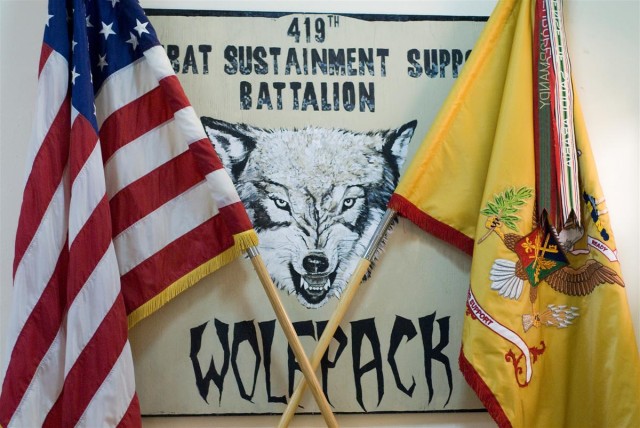
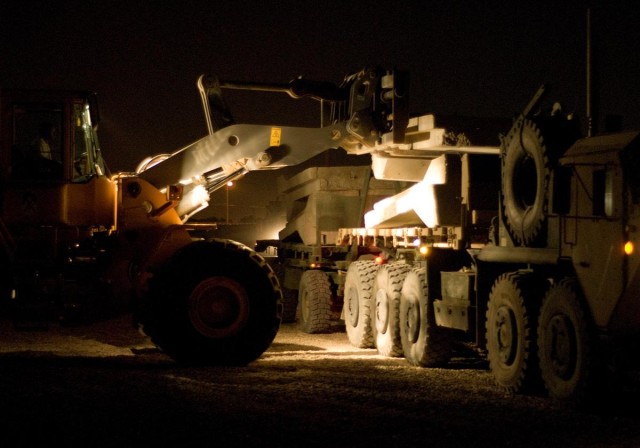
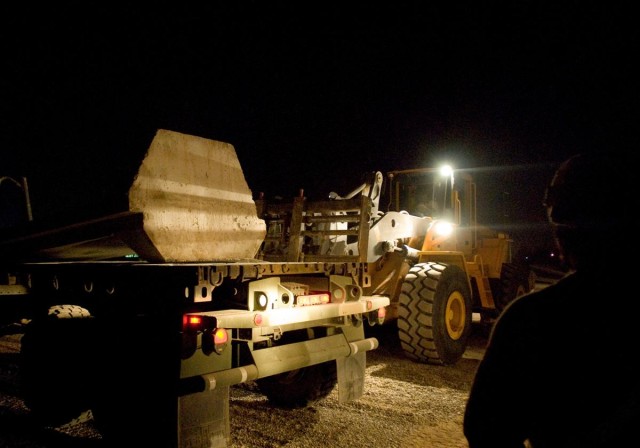
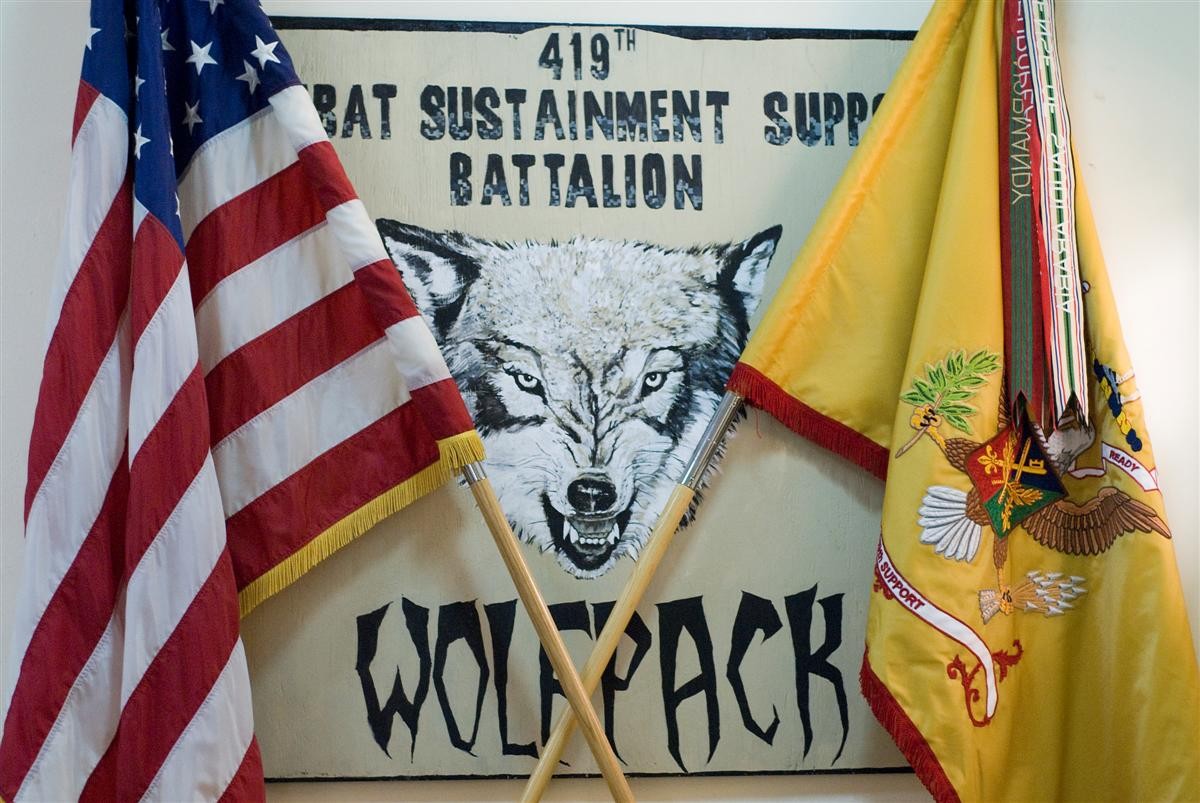
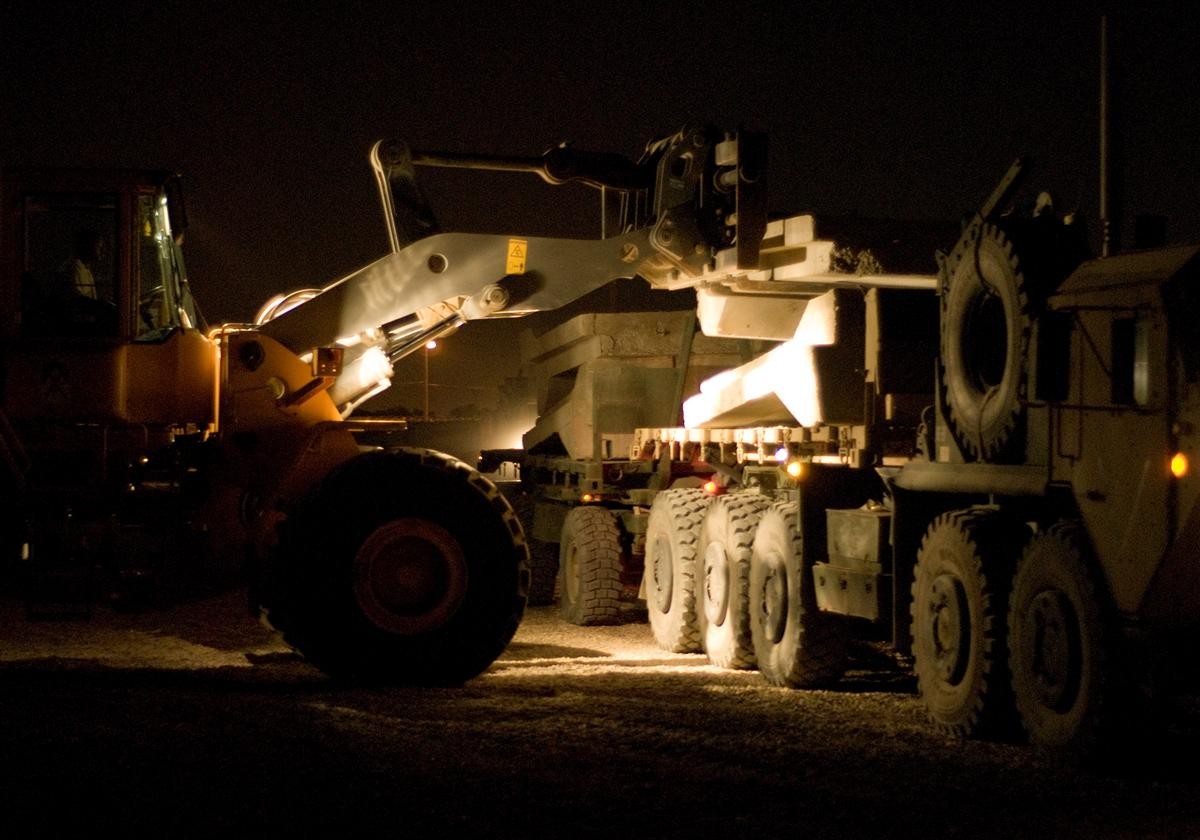
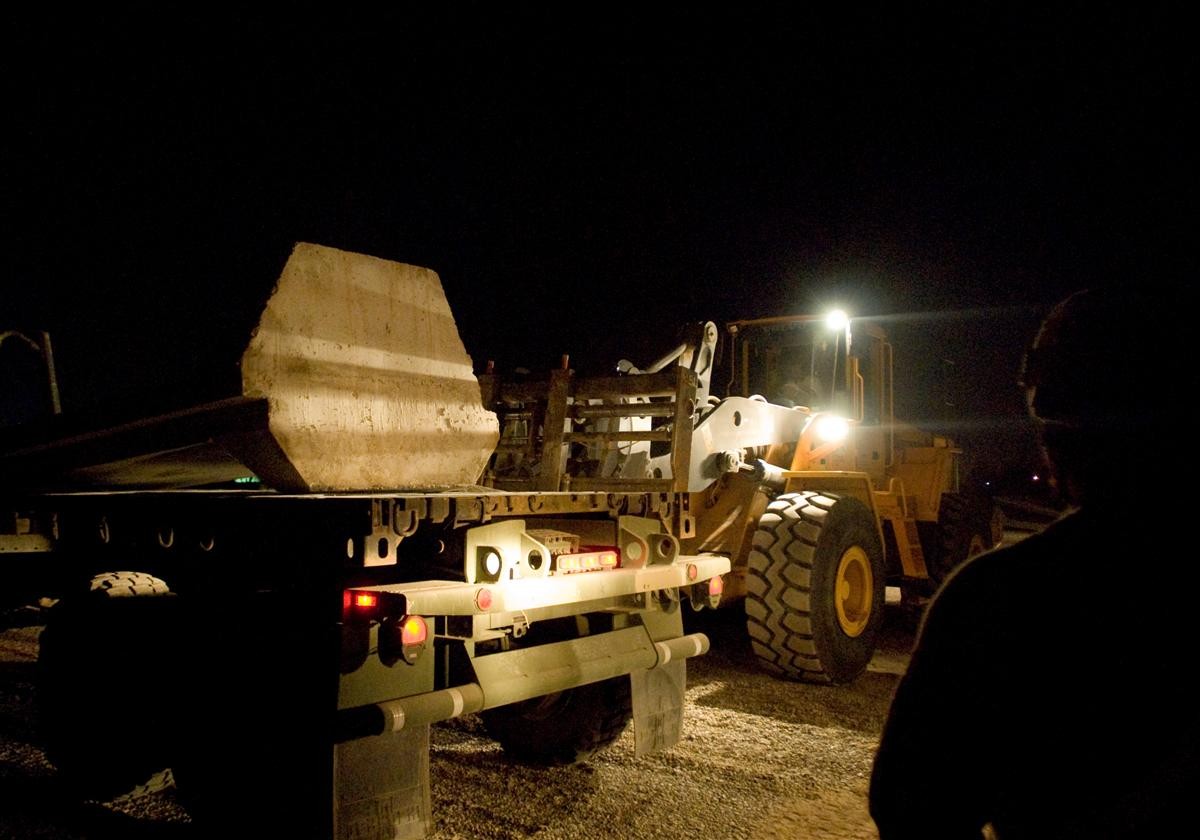
Social Sharing